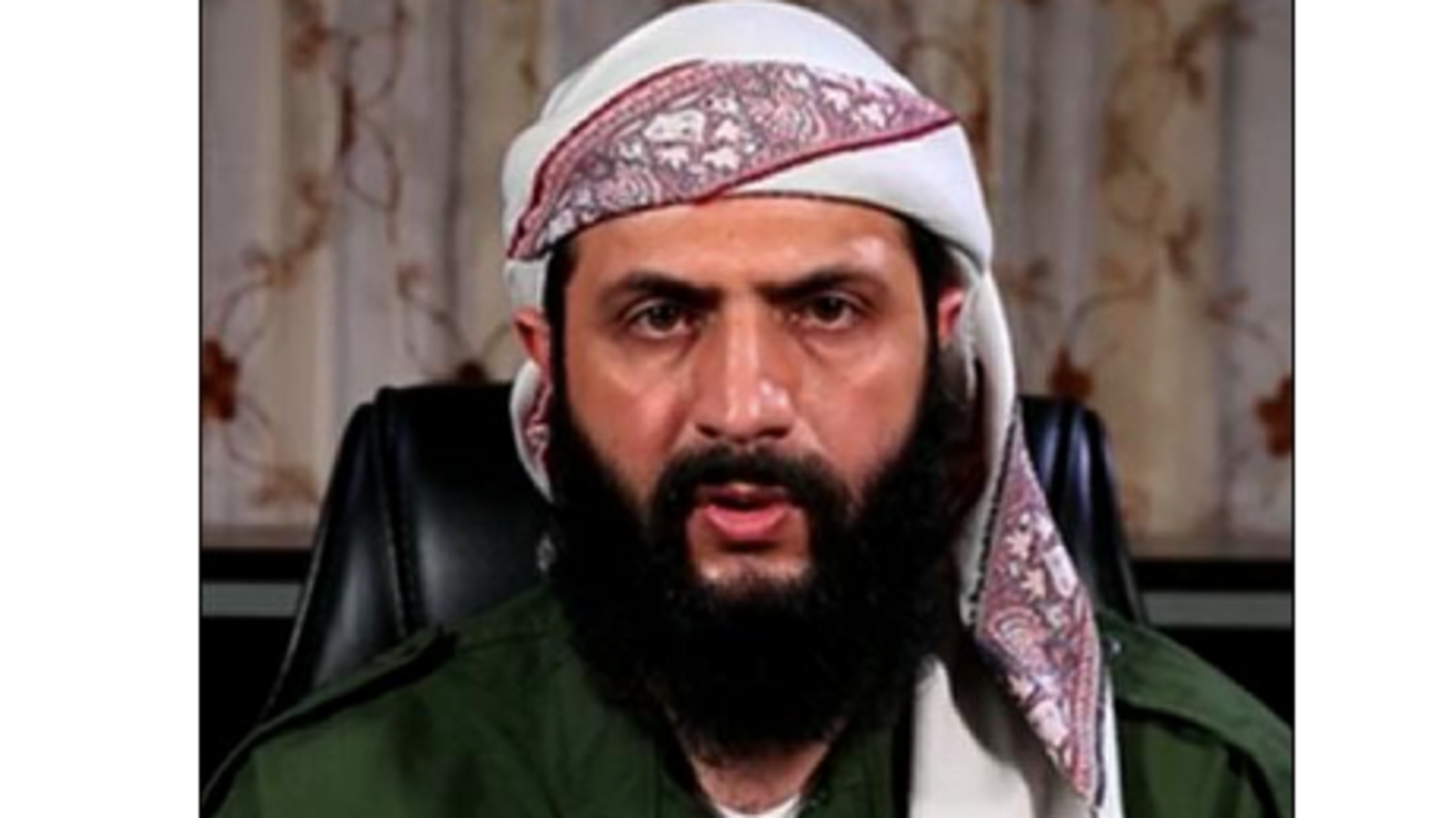Who's al-Jawlani—leader of Syrian rebel group HTS which took Aleppo
What's the story
One of the oldest cities in recorded history, Aleppo, was seized by the Islamist group Hayat Tahrir al-Sham (HTS) on November 30.
Leading the HTS was Abu Mohammed al-Jawlani, a man on who the US has put a $10 million bounty on his head, as well as a man who was given the tag of an apostate by the Islamic State.
Origin story
Abu Mohammed al-Jawlani: From Riyadh to Aleppo
Born Ahmed Hussein al-Sharaa in Riyadh, Saudi Arabia, Abu Mohammed al-Jawlani's family was originally from Syria's Golan Heights.
They fled to Saudi Arabia after Israel seized the territory in 1967, returning to Syria in 1989.
In 2003, al-Jawlani went to Iraq to fight American troops and was captured and imprisoned for five years in an American-run prison camp.
Evolution
Al-Jawlani's journey
In 2011, al-Jawlani returned to Syria as a representative of Islamic State founder Abu Bakr al-Baghdadi. He joined Jabhat an-Nusra, al-Qaeda's Syrian wing, fighting Assad and the Free Syrian Army.
However, due to differing priorities, he split from the Islamic State and was declared an apostate by them.
In 2016, he cut ties with al-Qaeda and formed HTS in 2017 by uniting various Syrian Islamist factions.
Leadership
HTS governance
Under al-Jawlani's leadership, HTS rules over large swathes of Idlib city via the Syrian Salvation Government (SSG).
Despite allegations of torture and corruption, al-Jawlani has reformed HTS's internal policing and announced new elections for its General Shura Council.
He claims HTS governance should be Islamic but not to the standards of the Islamic State or Saudi Arabia.
Since January 2022, the group hasn't banned smoking or forced women to cover their faces.
Analysis
Expert opinions on al-Jawlani's break with global jihadism
Experts believe al-Jawlani's break from global jihadist groups is sincere.
Aaron Zelin of the Washington Institute for Near East Policy said HTS has been independent for over eight years.
Dareen Khalifa of the International Crisis Group characterized HTS leadership as "pragmatic and utilitarian."
Alberto Miguel Fernandez emphasized that while HTS retains extremist ideology, it is nationalist, not globalist, in its approach.
